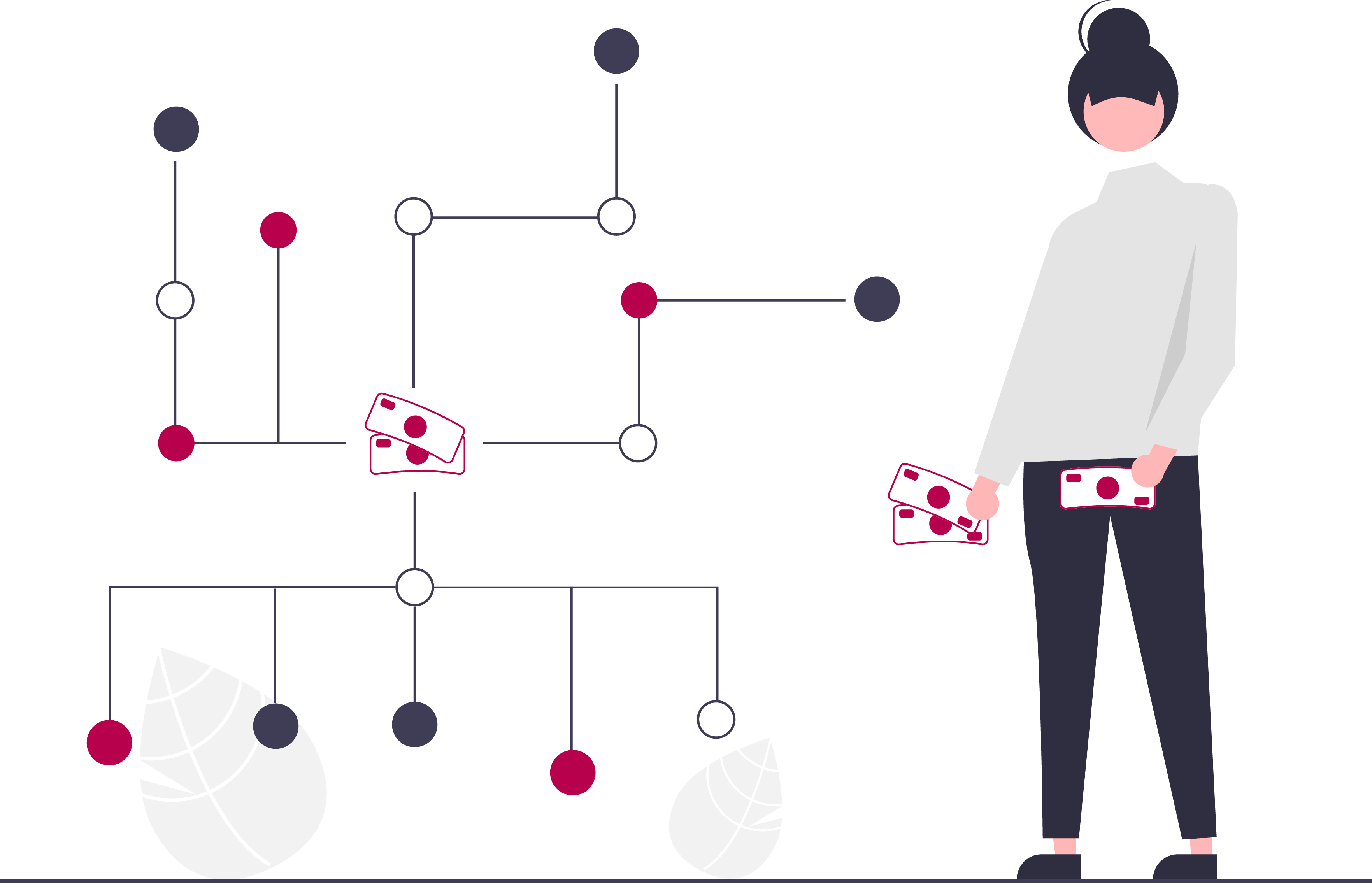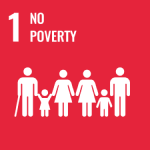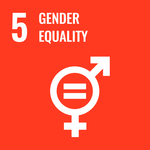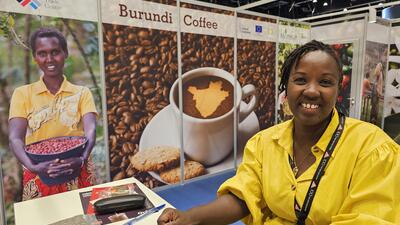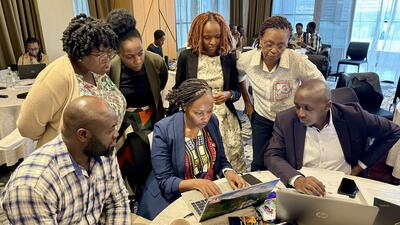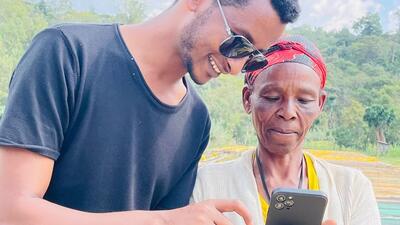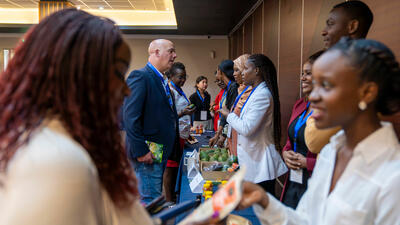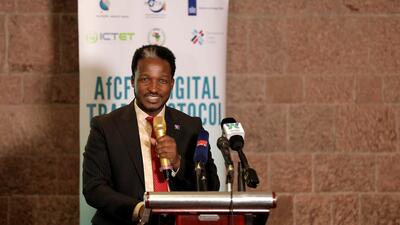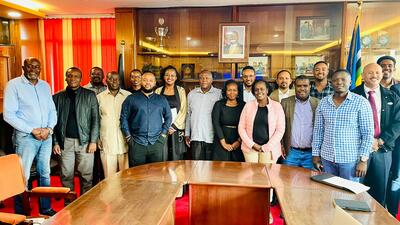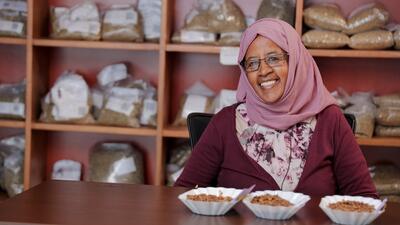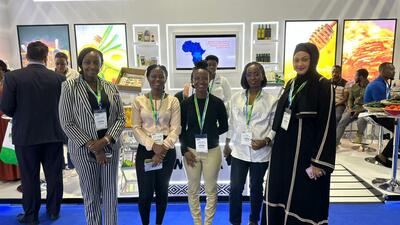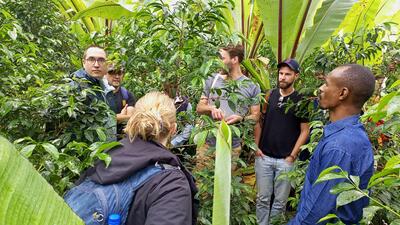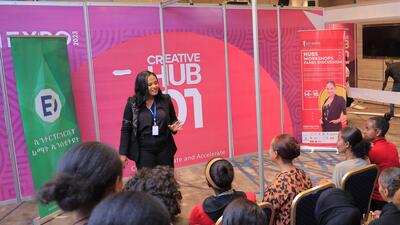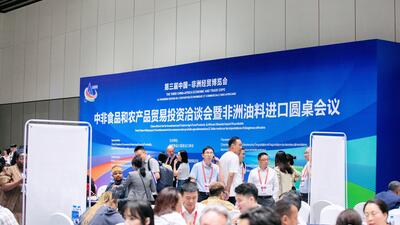
SheTrades Coffee
Overview
Summary
The SheTrades Coffee project contributes directly to the Empowering Women to Trade (EWT) Programme, which delivers on ITC’s commitment to the Sustainable Development Goals, particularly Global Goal 5 (achieving gender equality and empowering women) and Global Goal 8 (inclusive and sustainable economic growth) through delivering results via one of ITC’s key initiatives – SheTrades. The SheTrades initiative is a key initiative under ITC`s Inclusive and Sustainable Trade focus area (5). This project contributes to this key initiative through providing training and market opportunities to women entrepreneurs to help them benefit directly from trade.
The objective of the SheTrades Coffee project is to to increase the participation in trade of women entrepreneurs in the Ethiopian and Rwandan coffee sectors, continuing on from the 2018 SheTrades Coffee project. Responding directly to the EWT Theory of Change (ToC) and programme outcome of increasing the participation of women entrepreneurs in international trade, the SheTrades Coffee project will increase the skills and capabilities of women entrepreneurs in Ethiopia and Rwanda through improving coffee production, processing, quality, strengthening coffee associations, and establishing long-term relationships with partners and buyers.
During 2018, the flow of implementation of project activities was significantly impacted because of a change in management personnel with the project partner. The new managers changed the overall approach to the way they worked which meant there were some positive adjustments necessary to the project implementation; the time taken for the necessary discussions with the project partner for the adjustments, meant the full target numbers of farmers could not be reached before the end of the project time frame. The approach agreed upon was to:
- Select washing stations and conduct a baseline survey / needs assessment of the stations themselves and supplier / farmers
- Register farmers and create Producer Organisations, with emphasis on empowerment of women
- Build the capacity of the partner washing stations, working with farming families on gender empowerment and put in place internal control systems (ICS) as a pre-cursor to certification.
Steps 1 and 2 were reached before the end of 2018, however it became necessary to extend the completion milestone for point 3 into 2019. This work complements similar, broader work that will be delivered in Rwanda under the MARKUP project from 2019 onwards.






